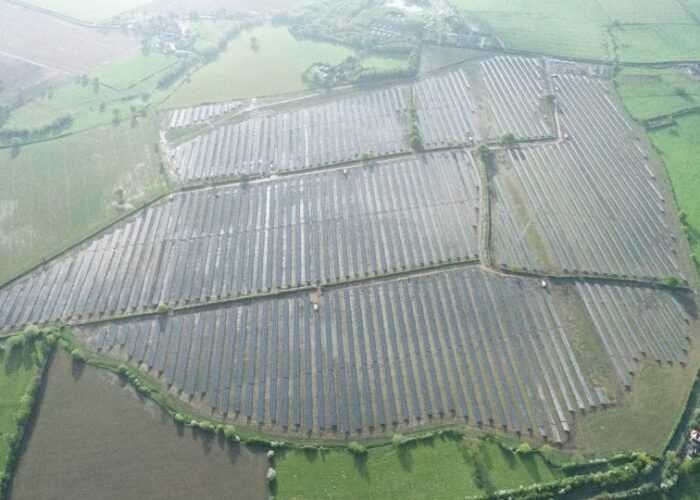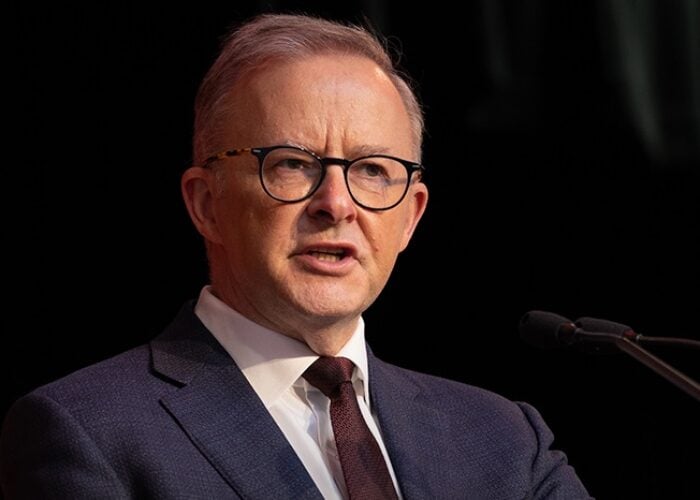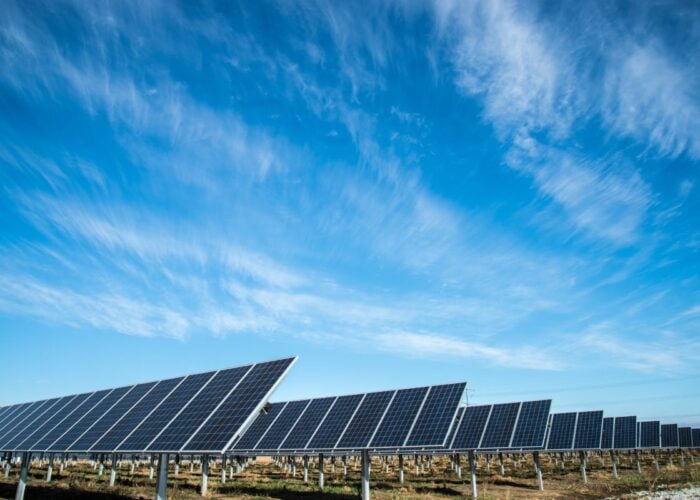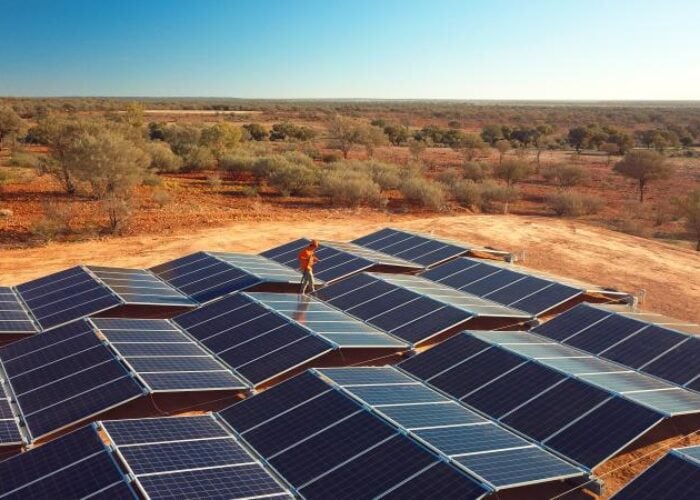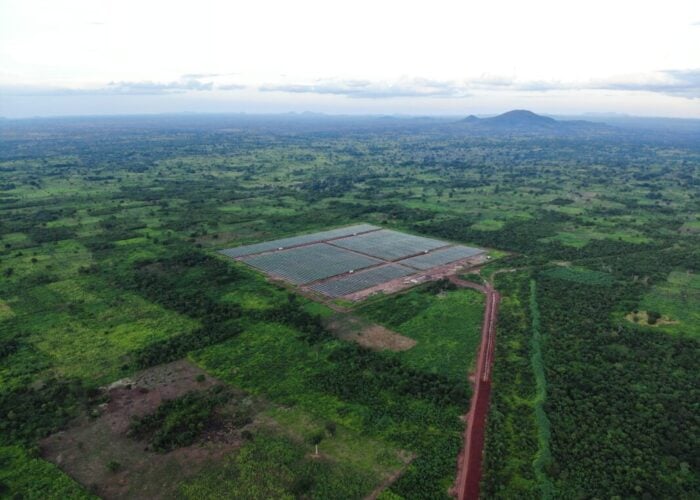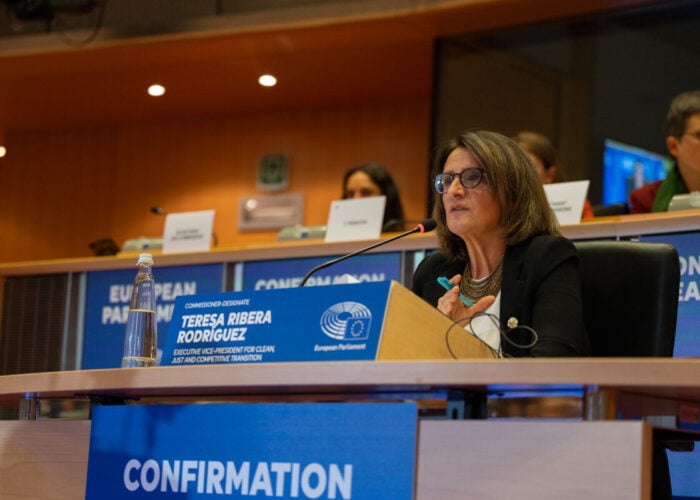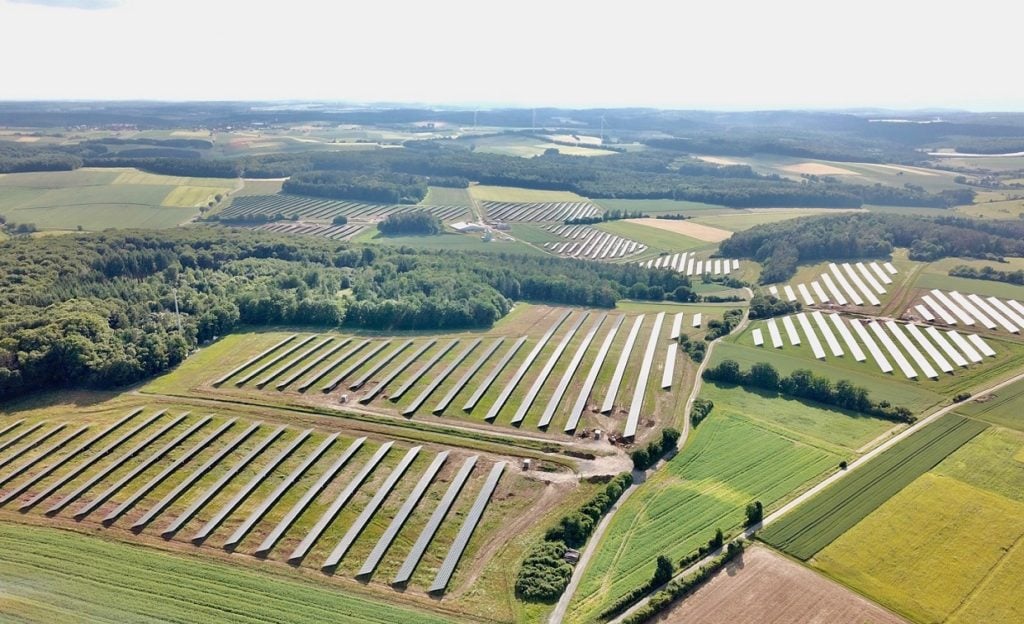
Nearly 1TW of under-development solar and wind generation globally could be constructed in the next three years if permitting is accelerated through open call procedures and a series of fast-track measures.
That is according to the Global Solar Council (GSC) and the Global Wind Energy Council (GWEC), which have called for robust investment signals and faster permitting to speed up renewables deployment to tackle the energy and climate crises.
Unlock unlimited access for 12 whole months of distinctive global analysis
Photovoltaics International is now included.
- Regular insight and analysis of the industry’s biggest developments
- In-depth interviews with the industry’s leading figures
- Unlimited digital access to the PV Tech Power journal catalogue
- Unlimited digital access to the Photovoltaics International journal catalogue
- Access to more than 1,000 technical papers
- Discounts on Solar Media’s portfolio of events, in-person and virtual
Or continue reading this article for free
The trade associations said in a joint statement that most of the nearly 1TW of projects that could be quickly constructed in the next three years under fast-track measures are in G20 economies, with 100 – 200GW in each of the US, China, India and Australia.
Countries with development pipelines of more than 10GW include Brazil, the UK, Canada, Mexico, Spain, South Korea, the Philippines, Japan, France, Sweden, Poland, Vietnam and Germany.
If permitting and grid access were accelerated for grid-scale renewable energy projects, these solar and wind projects could materialise from 2023 – 2025, contributing substantially to energy supply, affordability and emissions reductions, GSC and GWEC said.
“The COVID-19 experience has shown that expansive physical and digital infrastructure can be assembled in a crisis under the national interest. This urgency should be applied to shifting away from fossil fuels in the energy sector,” they said in the joint statement, which can be read here.
The associations called on governments to immediately conduct an assessment of shovel-ready solar and wind projects, identifying those which can be green-lit for construction within the next one to three years.
In addition, there should be maximum lead times to permit new projects, which for solar should be 1.5 years for utility-scale plants and six months for repowering installations.
Other steps put forward by the associations to streamline permitting include increased investment in staff and resources for public authorities as well as the promotion of dialogues between local authorities, communities and industry to ensure a shared understanding of priorities and concerns during the consenting and construction stages of projects.
GSC and GWEC’s statement coincided with a G20 meeting last week in Indonesia.
“G20 policymakers can and should take coordinated, decisive actions to ease permitting of renewable projects and orient resources toward clean technologies like solar and wind power that are able to generate secure energy at lower prices for all,” said Gianni Chianetta, CEO of GSC.

